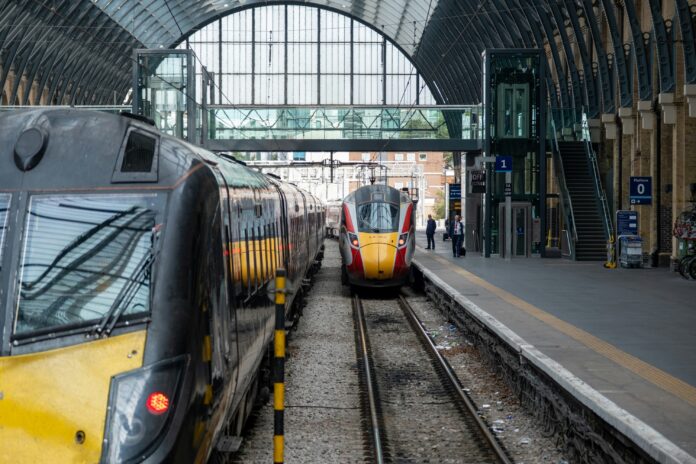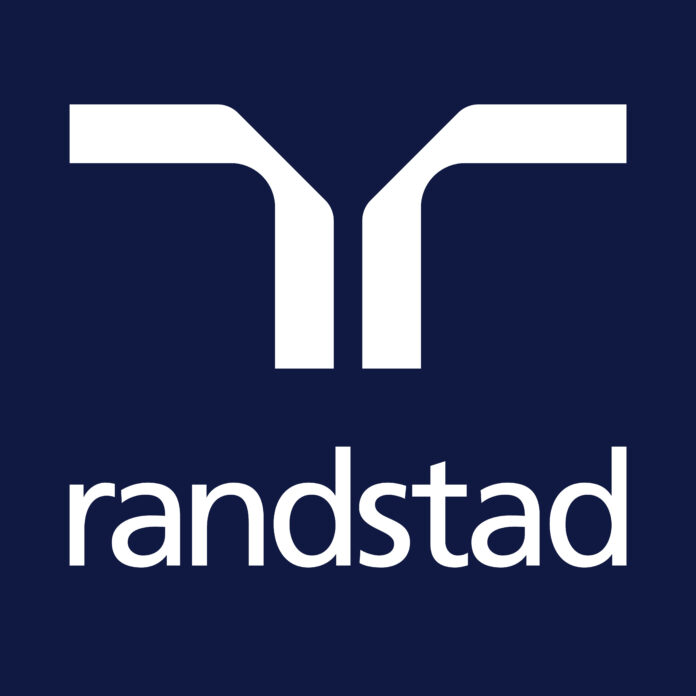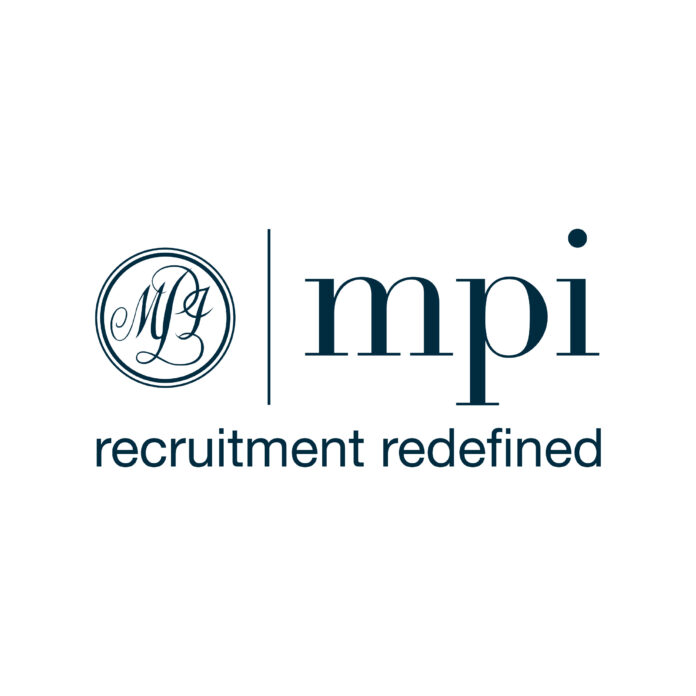Network Rail has released its latest quarterly procurement pipeline, aiming to enhance transparency and provide crucial foresight for its vast supply chain. The new pipeline outlines national framework spend and anticipated upcoming expenditure, offering a clearer picture of future contracting opportunities.
This latest round of procurement activity is notable as it fully incorporates changes introduced by the Procurement Act 2023, which came into effect on 24 February 2025. This landmark legislation is designed to overhaul government procurement processes, ensuring “every pound goes further for communities, as well as public services.”
The Act’s core objectives are to:
- Create a simpler and more flexible commercial system that better meets the UK’s needs while remaining compliant with international obligations.
- Open up public procurement to new entrants, including small businesses and social enterprises, enabling them to compete for and win more public contracts.
- Embed transparency throughout the commercial lifecycle, allowing for proper scrutiny of taxpayers’ money.
In essence, the Procurement Act 2023 focuses on simplifying public procurement for public benefit, alongside increased transparency, scrutiny, and value for money. Its implementation impacts all new Network Rail commercial and procurement activity from the aforementioned date.
You can view them here:
How Suppliers Will See Changes
Network Rail has revised its commercial and procurement activities to align with the new Act. It’s important to note that existing contracts or procurements that went live prior to 24 February 2025 remain unaffected.
Suppliers can expect to see several key changes in how Network Rail conducts its procurement:
Notices:
- Increased visibility of commercial pipelines via the government’s Find a Tender Service (FTS) and Network Rail’s own website.
- A new, specific preliminary market engagement notice, designed to inform the supply chain of planned and conducted engagement activities.
Competitive Tendering Processes:
- A reduction in the number of procedures, streamlining options to: direct award, open framework, or a competitive flexible procedure.
- More flexible commercial frameworks, such as an “open framework,” which can be joined by new suppliers during its lifespan.
- The introduction of a “competitive flexible procedure,” allowing Network Rail to design procurement processes that best fit the nature of what is being procured and the market it operates within.
Supplier Registration:
- A new central digital platform for suppliers to register and store their details, allowing them to be used for multiple bids and view all opportunities in one centralised location.
- Crucially, suppliers will now need to be registered on this new system before submitting tenders to Network Rail.
Dynamic Market:
- A dedicated register of tools will be available, showing which frameworks and dynamic markets are open for suppliers to identify opportunities and research bidding options.
- Suppliers can apply to join the Dynamic Market at any time, enabling buyers to run quick competitions from the registered pool.





